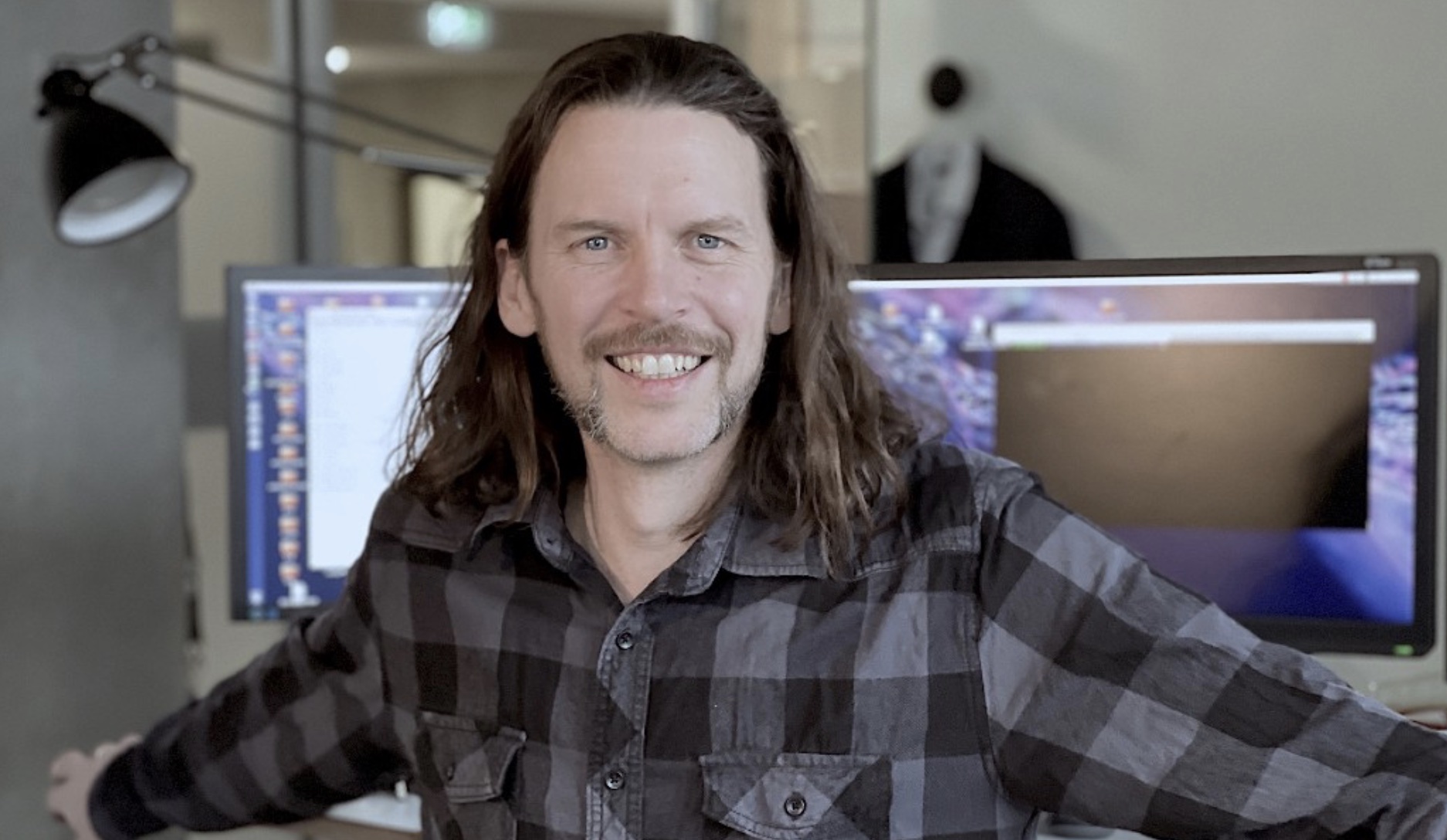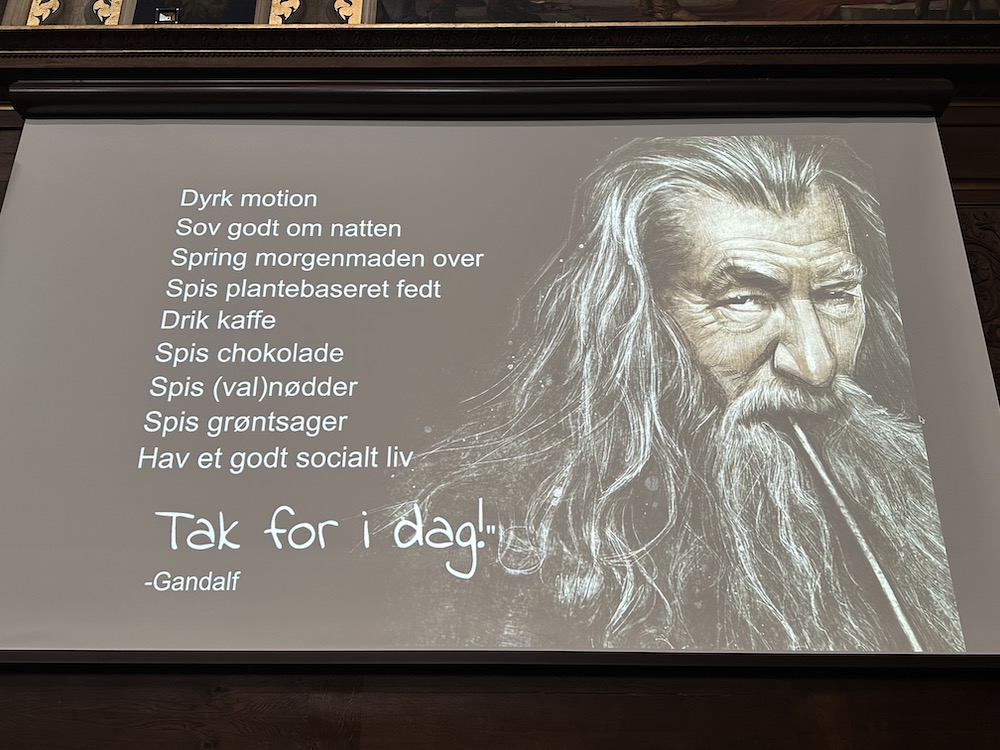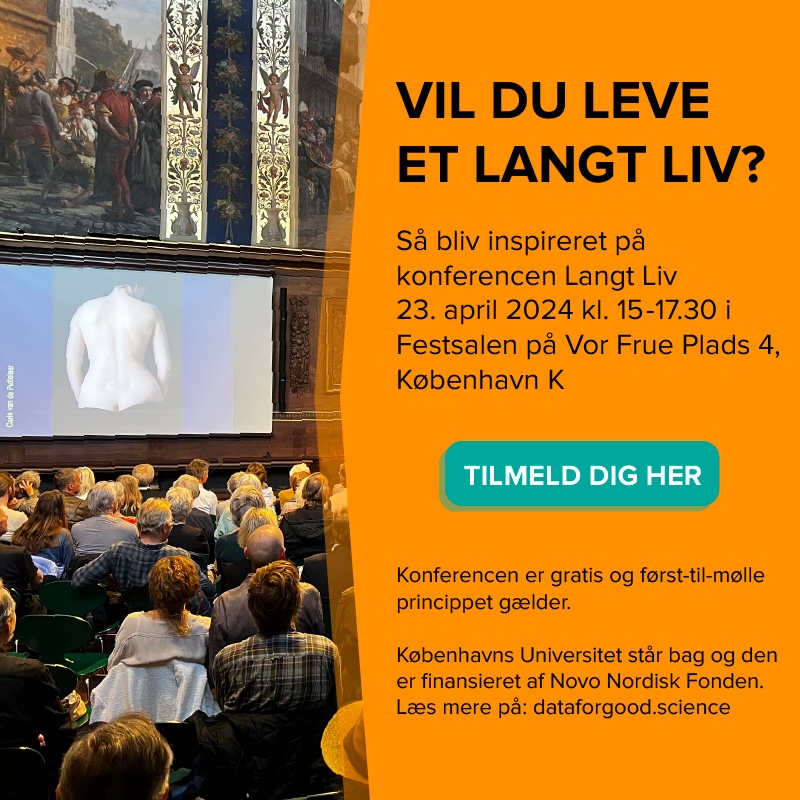
Can Personalised Dietary Recommendations Be A Game Changer?
300 active participants are donating data and time to help scientists create an algorithm that can help others with personal dietary recommendations in the future. The algorithm can be commercialised, but will these 300 data owners gain anything from that?
Go. Stop. Reconsider. Recommendations on what to eat and drink and what not to eat and drink can be personalised according to your health situation in the future. Morten Arendt Rasmussen, associate professor at the Department of Food Science at the University of Copenhagen, and his research team are working on a model, which can relieve patients with inflammatory diseases such as asthma, multiple sclerosis and rheumatoid arthritis.
“Our hypothesis is that we may be able to relieve a number of the inflammatory diseases. If we can determine which people have some unfortunate eating habits with regards to their body and health status, we will theoretically be able to change the dietary recommendations so that the individual will experience a healthier body if they follow the recommendations. This is the goal and framework for our research,” says Morten Arendt Rasmussen.
With a data science grant from The Novo Nordisk Foundation, the scientists are using a cohort form the Danish research unit COPSAC. Around 300 people – all have mothers with asthma – are participating, and they have been observed and their data harvested since birth and the first three-four years, then again by pre-school age, at 8, 12 and 18 years. They are now around 18-20 years old.
The data collected about the cohort is massive. The scientists know everything about them, including their genetic profile. At the 18 year scheduled visit the scientists monitor the blood glucose continuously every 15 minutes over 14 days in a row. Additionally, the young adults take pictures of their food, so the researchers know exactly what they eat. They measure their activity, their pulse and sleep, and they answer surveys on alcohol, smoking and other life style behaviour. Further, they spend a full day on a metabolic profiling where their urine, blood and gut are measured.
“They all have a mother with asthma. In the cohort, there are some who are overweight and some who have eczema and asthma that compromise their quality of life. If we can examine their metabolism and determine whether there are any dietary components that aggravate their illness, or that they may be missing that would help them to improve their health, then it will be a huge gain – both for them and for society,” says Morten Arendt Rasmussen.
Commercialisation Creates Ethical Dilemmas
Today, you can find at least two examples on the global market for personalised nutrition systems. One is the US-based Day Two focusing on Diabetics. The other is the UK-based ZOE, who focuses on the general population wanting to optimise their health with personal food recommendations.
ZOE’s algorithm is based on the world’s largest nutritions-science study and a huge clinical trial to measure the accuracy of AI diagnostics, according to the website. Day Two’s method is based on a 800-person cohort who’s responses to meals were measured. Both products are commercialised and cost money to participate in.
“Was there revenue-sharing with any of these people giving data to help build the algorithm?” asks Morten Arendt Rasmussen and points one of the biggest ethical dilemmas in building algorithms for the future.
“We consider the algorithm anonymous, but the people, who donated data and time to build it, shouldn’t they get part of the revenue?” he asks.
He says that those, who have given consent to participate in his project, does it due to altruistic reasons. Any potential commercial turnover of the research will abide to the general university rules, where the ownership of e.g. a patent is split equally between the university, the research unit and the individual researcher. Thus not automatically the 300 data owners.
“Commercialisation has never been the motivation, but merely to establish scientific evidence and technology to help people to get a healthier life,” says Morten Arendt Rasmussen “However, this area of algorithms trained on real data really is a grey zone. And I believe that researchers should think about this when retrieving consent from study participants”.
He hopes to follow the cohort of 300 people, when they turn 24 and 40 years old.
Read more about how the scientist create a standard for how the body digest food
Photo: By Lene H. Koss

